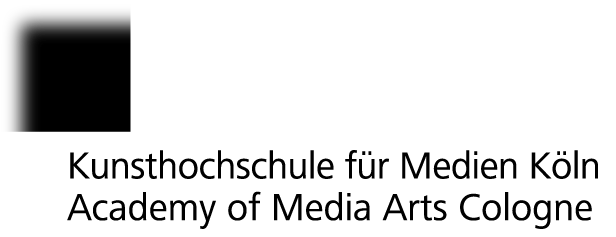Multispecies Storytelling Part III
Advanced seminar and colloquium, Winter Term 2024
Prof Ute Hörner, Pascal M. Dreier, MA
Thursdays, 14:00 – 17:00, Multispecies Studio
I learned that the story has no beginning, and no story has an end. That the story is all muddle, all middle. That the story is never true, but that the lie is indeed a child of silence.
Ursula K. Le Guin
This is an invitation to listen to other(s') stories, to share stories, to care. How could a shared and care-full telling of stories look like, feel like, sound like? What methods and tools do we need to un/learn to be able to make sense of the complex realities of more-than-human life forms and our interrelations with them? How can storytelling become part of a decolonial ecology? We want to meet each other every week to create shared practices and rituals, ways of working and communicating, of un/learning, visiting all kinds of strange, beautiful, troubled, and beastly places. Let us compost.
In this 3rd part of the seminar, we are going to prepare for a series of exhibitions and presentations, therefore only students who participated in Multispecies Storytelling I or II can take part.
Guests
- Chloé Vanden Berghe, Multispecies Ethnographer, Liège
-
Terike Haapoja, Artist, Berlin
Workshop
Making Sculptures with Textiles
Daniela Hirsch, Artist, Berlin
References
-
Chao, Sophie, Karin Bolender, and Eben Kirksey, eds. The Promise of Multispecies Justice. Durham: Duke University Press, 2022.
- Ferdinand, Malcom. A Decolonial Ecology: Thinking from the Caribbean World. Cambridge: Polity Press, 2022.
- Kimmerer, Robin Wall. Braiding Sweetgrass: Indigenous Wisdom, Scientific Knowledge and the Teachings of Plants. Minneapolis, Minn: Milkweed Editions, 2013.
- Le Guin, Ursula K. The Word for World Is Forest. London: Gollancz, 2022.
- Wadiwel, Dinesh Joseph. The War against Animals. Boston: Brill, 2015.
